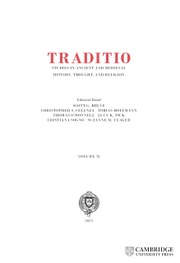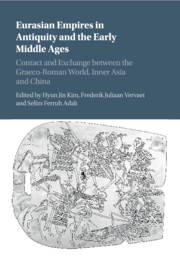The Huns, Rome and the Birth of Europe
The Huns have often been treated as primitive barbarians with no advanced political organisation. Their place of origin was the so-called 'backward steppe'. It has been argued that whatever political organisation they achieved they owed to the 'civilizing influence' of the Germanic peoples they encountered as they moved west. This book argues that the steppes of Inner Asia were far from 'backward' and that the image of the primitive Huns is vastly misleading. They already possessed a highly sophisticated political culture while still in Inner Asia and, far from being passive recipients of advanced culture from the West, they passed on important elements of Central Eurasian culture to early medieval Europe, which they helped create. Their expansion also marked the beginning of a millennium of virtual monopoly of world power by empires originating in the steppes of Inner Asia. The rise of the Hunnic Empire was truly a geopolitical revolution.
- Proposes a new way of viewing early medieval Europe through an introduction to the largely neglected Central Eurasian contribution to its development
- Provides a fresh approach to the assessment of the Huns in Europe and their impact on the Roman Empire
- Contains a full account of Central Asian history and the steppe peoples
Reviews & endorsements
"Kim argues that the Huns played a large and positive role in the fall of Rome and the birth of Europe … This challenging reassessment … should be in all research libraries. Highly recommended. Upper-division undergraduates and above."
G. G. Guzman, Choice
Product details
June 2013Hardback
9781107009066
348 pages
229 × 152 × 21 mm
0.52kg
3 maps
Available
Table of Contents
- 1. Introduction
- 2. Rome's inner Asian enemies before the Huns
- 3. The Huns in Central Asia
- 4. The Huns in Europe
- 5. The end of the Hunnic Empire in the West
- 6. The later Huns and the birth of Europe
- 7. Conclusion.

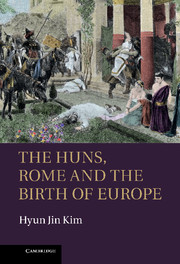
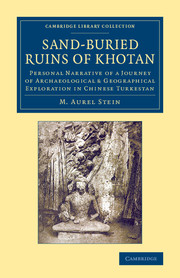
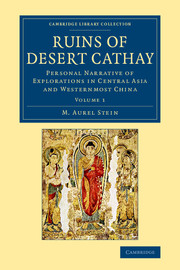
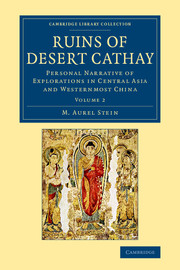
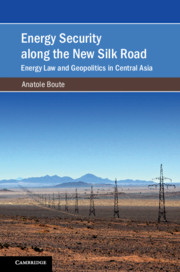


.jpg)
.jpg)
